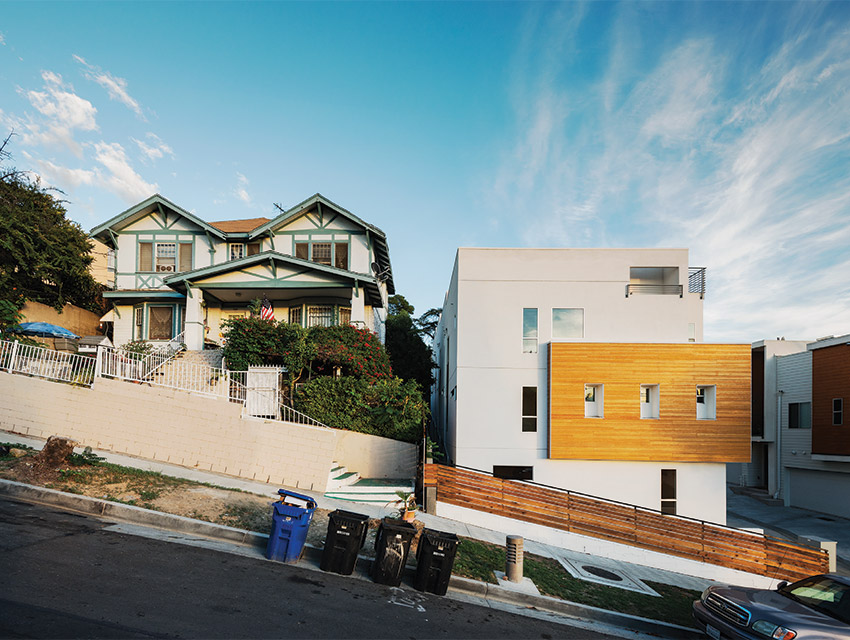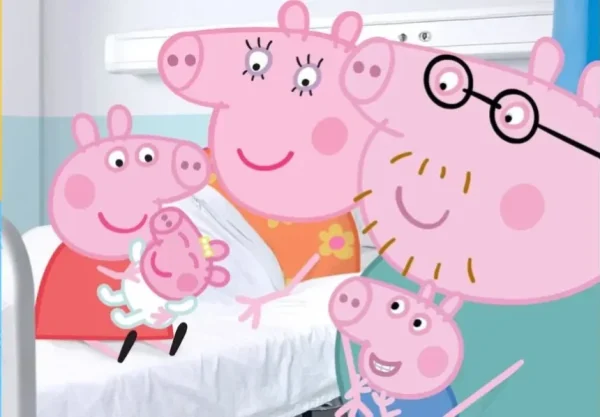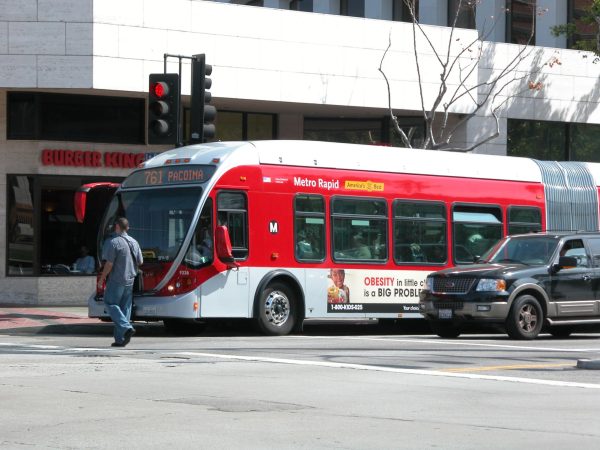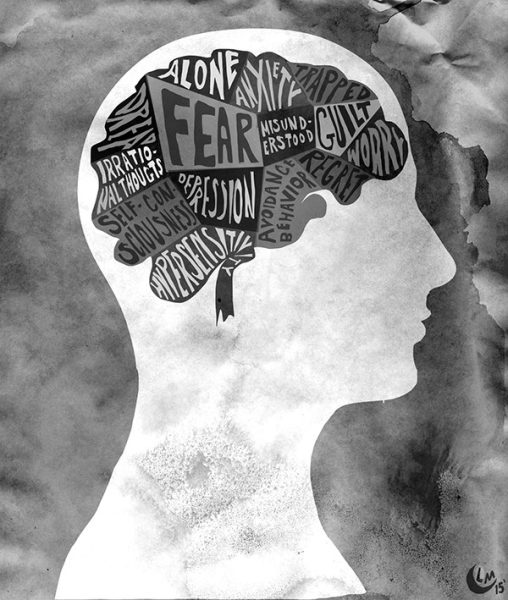Why is rent so high in Los Angeles?
Two houses beside each other. One is a modern-looking house while the other is a very old, run down house.
In Los Angeles, rent is the highest it has ever been in years. Each year after year, rent has been increasing, people and their families are being priced out of their homes, it’s just a sad thing to see. For example, an LA Times article tells a story about an old lady living in Lincoln Heights who is worried that she won’t know where to go next after the new owner of the 103-year-old house she rents said that he wanted her out within the next few months in order to raise rents beyond what she can afford. She doesn’t have anywhere to go, nor does she know what is going to happen next.
But why did her rent increase, or the bigger question should be, why did the rent of Angelenos, especially those who are low in money increase?
In areas such as South Central LA or Boyle Heights, a thing called gentrification is starting to happen. If you don’t know what gentrification is, it’s a term used to describe when an impoverished, urban area that is mostly occupied by people of color changes as wealthier people move in, which can affect the area by attracting new businesses, improving housing, and increasing property values, but this displaces current residents in the process. These residents who are displaced are in a situation where they can’t afford the now more affluent area. According to this article by the Uprooted Project, the causes of gentrification include:
- The strong demand for more urban central city living by richer households which in turn drives up housing prices in those central city communities.
- City planning
- Economic development initiatives (encouraging businesses to come to an area by using several methods such as the redevelopment of an area, marketing an area to businesses for new branch plants or corporate headquarters, etc.)
- Tax incentives promoting the redevelopment of urban central city neighborhoods.
Gentrification seems to be affecting mostly people of color who are poor, longtime residents who can’t find other neighborhoods unlike their white counterparts, and longtime businesses that seem to be affected too, closing down, then being replaced by more richer businesses.
Low income housing is the best option for those who can’t seem t0 find the money to afford a more expensive house. You have the house, first of all, then you have the electricity bills, the water bills, food, utility bills etc etc. These low-income houses are beneficial for those who work in the area, like a janitor renting out a cheap apartment that is near to a movie studio that he works at. Unfortunately, these low-income homes are getting destroyed and instead replaced with more-expensive, high-rise homes, thanks to the Ellis Act, or California Government Code Chapter 12.75 which states, “No public entity, as defined in Section 811.2, shall, by statute, ordinance, or regulation, or by administrative action implementing any statute, ordinance or regulation, compel the owner of any residential real property to offer, or to continue to offer, accommodations in the property for rent or lease, except for guestrooms or efficiency units within a residential hotel.” Also, according to CityWatch Los Angeles, once these evictions take place, these buildings are now demolished to put in the way for more expensive high-rise homes. Sometimes, renters are pressured to move out of their homes by “consultants” who persuades them to accept a cash payment once they moved out, and when things get extreme, landlords purposely allow their homes to break down, making the homes unlivable and forcing the resident to move out.
I think the renting situation right now is in a very bad position and I hope that City Council and the California government maybe find some ways to like fix these problems because I don’t wanna lose my home to the best city I’ve ever lived in. Hopefully things get better.





